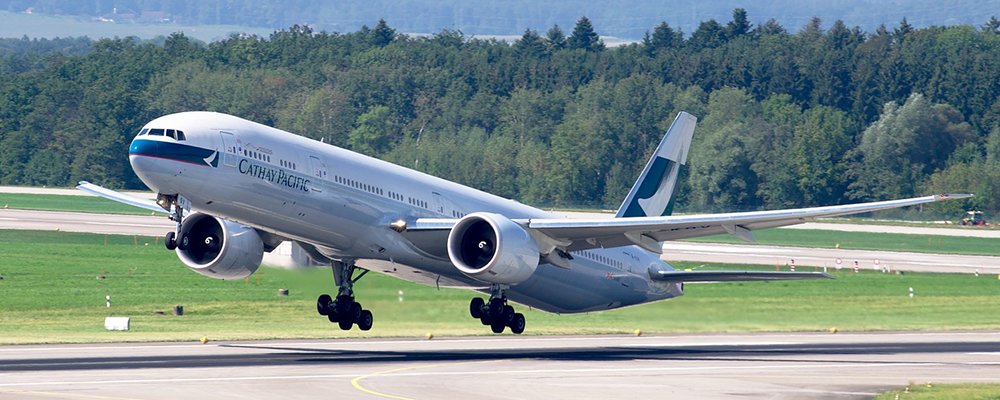Here’s a pick of the latest news:
Turkish Airlines has set a two-year deadline to upgrade its in-flight connectivity globally with free, unlimited Wi-Fi for all.
The airline plans to retrofit its existing fleet with the latest in-flight connectivity (IFC) tech, enabling the carrier to extend the service to the entire fleet. In negotiating with suppliers, it has already signed an agreement with TCI Aircraft Interiors and Turksat, a regional leader in satellite technologies, for the project.
The Philippines has launched a cruise visa waiver for foreign cruise ship guests. They can now apply in advance for the waiver at the Bureau of Immigration’s online portal.
Tourism Secretary Christina Frasco said the move will streamline shore visits and attract more cruise passengers. Last year, the country welcomed 123 port calls, carrying more than 101,000 cruise passengers. This year, it forecasts a total of 118,000 guests.
The visa waiver program is eligible for foreign nationals who only arrive and exit the Philippines aboard their cruise ship’s scheduled itinerary. It is for single-entry use and valid up to a maximum 14-day stay.
Qantas has introduced a pay-as-you-go monthly airport lounge subscription scheme, which includes a flexible, lower-cost option. The Qantas Club Flexible scheme costs $99 for a 28-day access to domestic and international airport lounges and is being promoted for infrequent flyers.
This is in addition to Qantas Club memberships, which range from one to four years and cost from $699 to $2,399. These memberships give access to all Qantas Clubs and Qantas Regional Lounges across Australia and at select international airports.
Travellers are continuing to face widespread disruption, with cancelled flights and airports suffering system failures due to the global IT failure originating from cybersecurity firm Crowdstrike.
The defective software update hampered everything from Ryanair’s app to airports worldwide, and only affected Windows-run systems. American Airlines, Delta, and United Airlines reported ground stops, while the outage also affected trains and supermarkets.
According to its owners, Changi Airport Group, autonomous buses are set to debut at Singapore Changi Airport. The two-year agreement with SATS Airport Services will start a proof of concept on driverless buses that will initially transport airport staff around airside locations.
The project aims to utilize technology to streamline transport and other sectors like urban living, government services and businesses. The review which will assess the self-driving capabilities of an autonomous bus will begin by the end of 2024.

Cathay Pacific achieved a post-pandemic record on the last day of June, handling a total of 92,000 passengers. For the first six months of 2024, the airline has handled approximately 13.5 million, with 1.83 million in June alone - a rise of 18.7% year-on-year.
“Following a slightly quieter month in May, travel sentiment rebounded with leisure travel on both long-haul and short-haul routes,” said Chief Customer and Commercial Officer Lavinia Lau. “Demand for long-haul travel was driven by the peak season for returning student traffic. Load factors for North America, the UK and Europe were close to 90%.”
Meanwhile, Virgin Atlantic is to suspend its only mainland China flight claiming increased flight times avoiding Russian airspace makes it financially unviable. The airline said it will halt the London Heathrow-Shanghai route from 26 October 2024.
Virgin has operated Shanghai flights for 25 years but the route has become ‘increasingly costly.’ London-Shanghai flights now take an hour longer while the return takes two additional hours.
Virgin’s Heathrow-Hong Kong flights were dropped in October 2022, and Tokyo flights were scrapped in 2015. ”Significant challenges and complexities on this route have contributed to the commercial decision to suspend flying to Shanghai,” Virgin said.
 Andy Probert is an experienced freelance business travel journalist and PR specialist.
Andy Probert is an experienced freelance business travel journalist and PR specialist.















